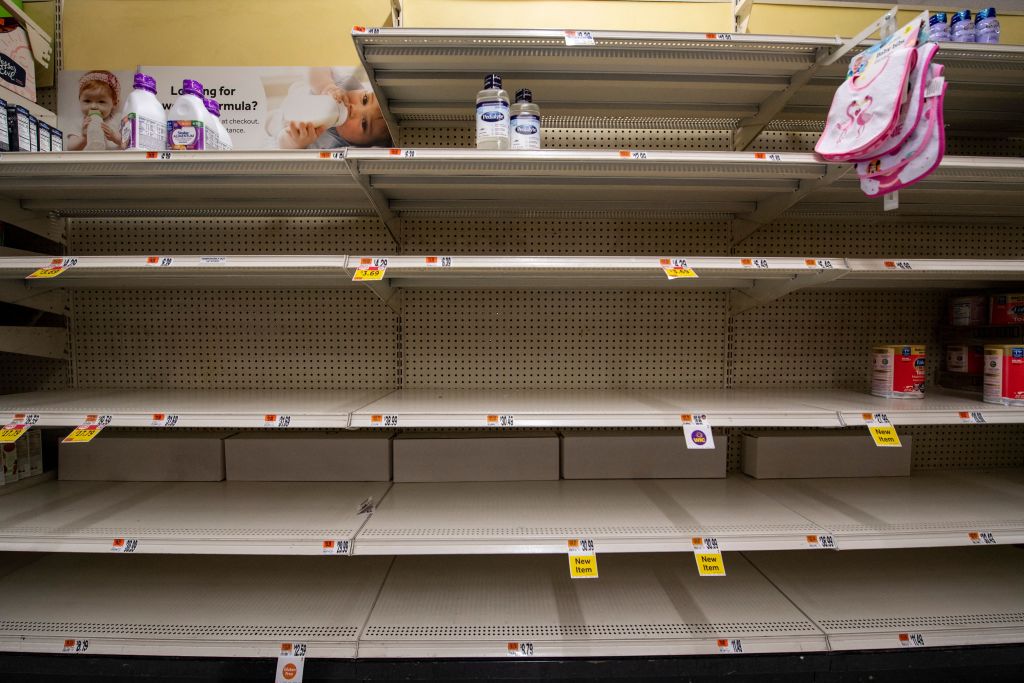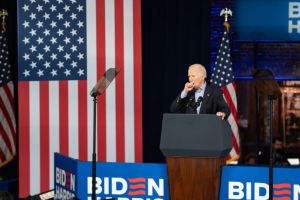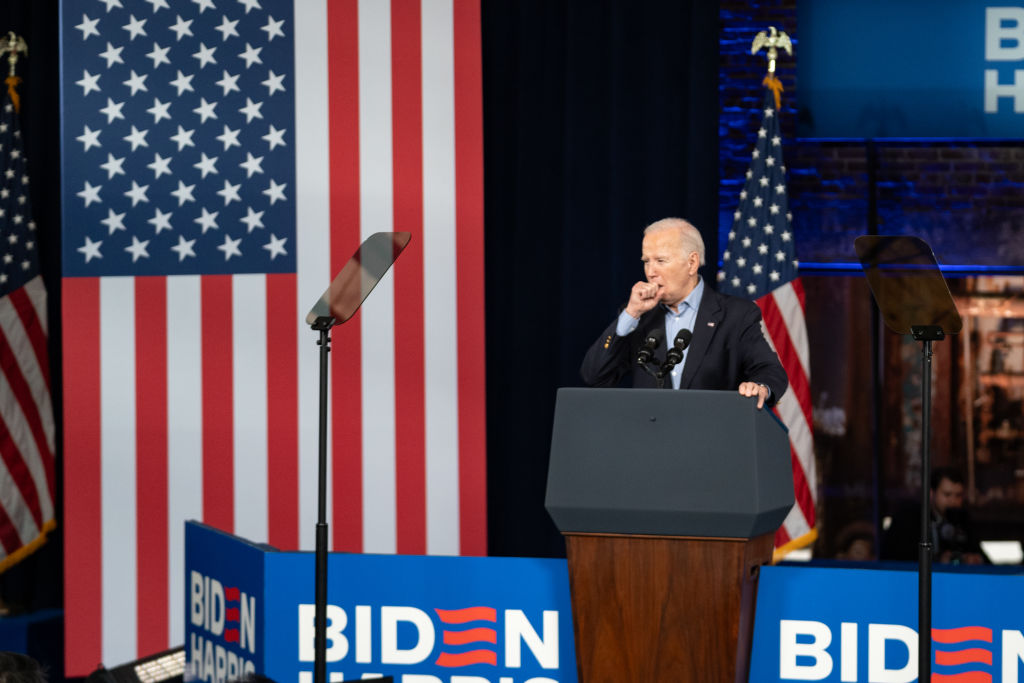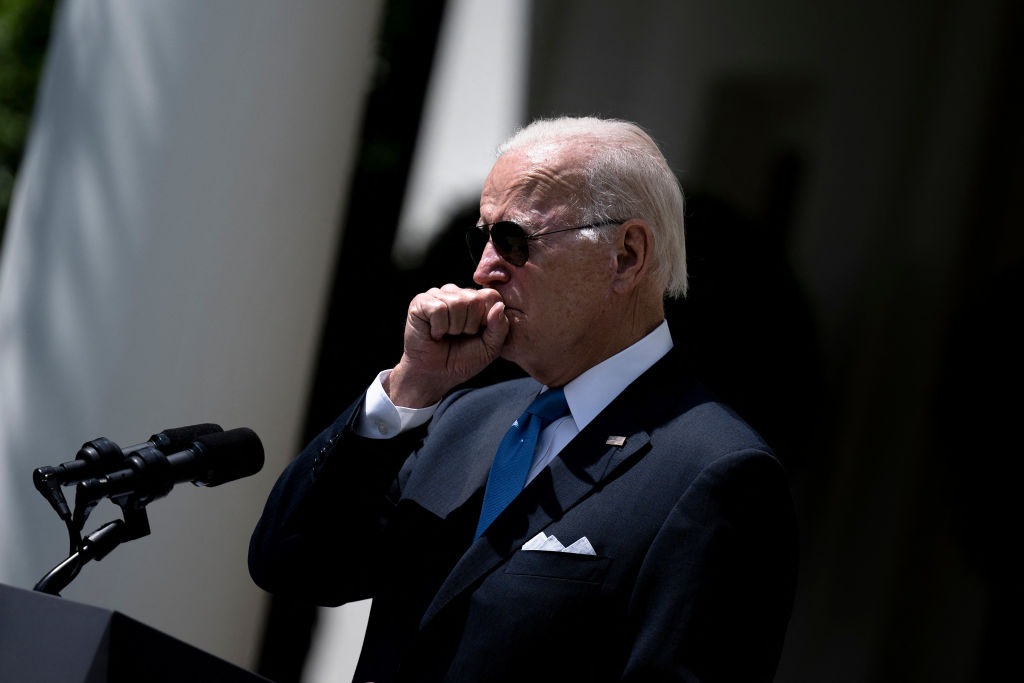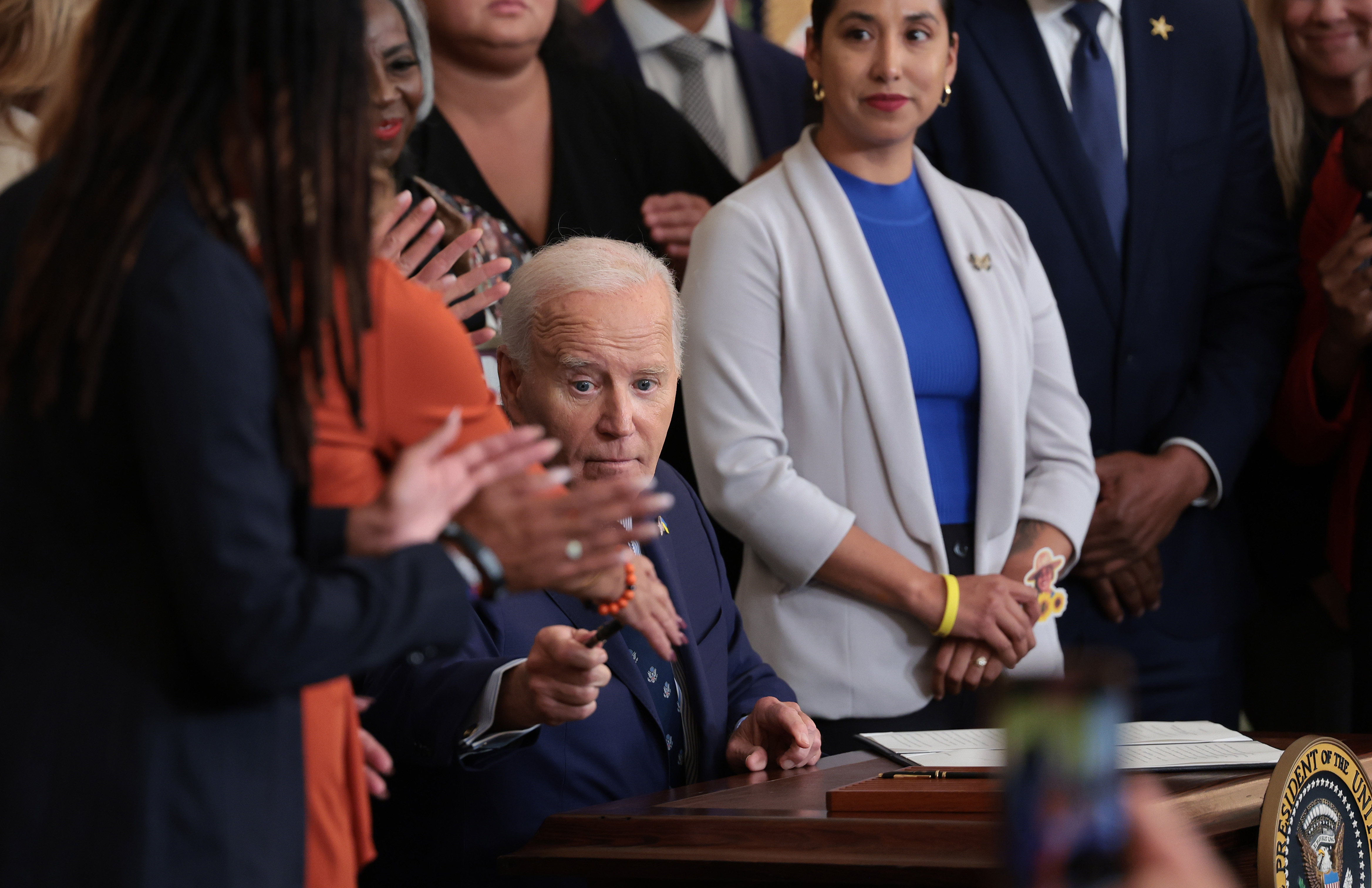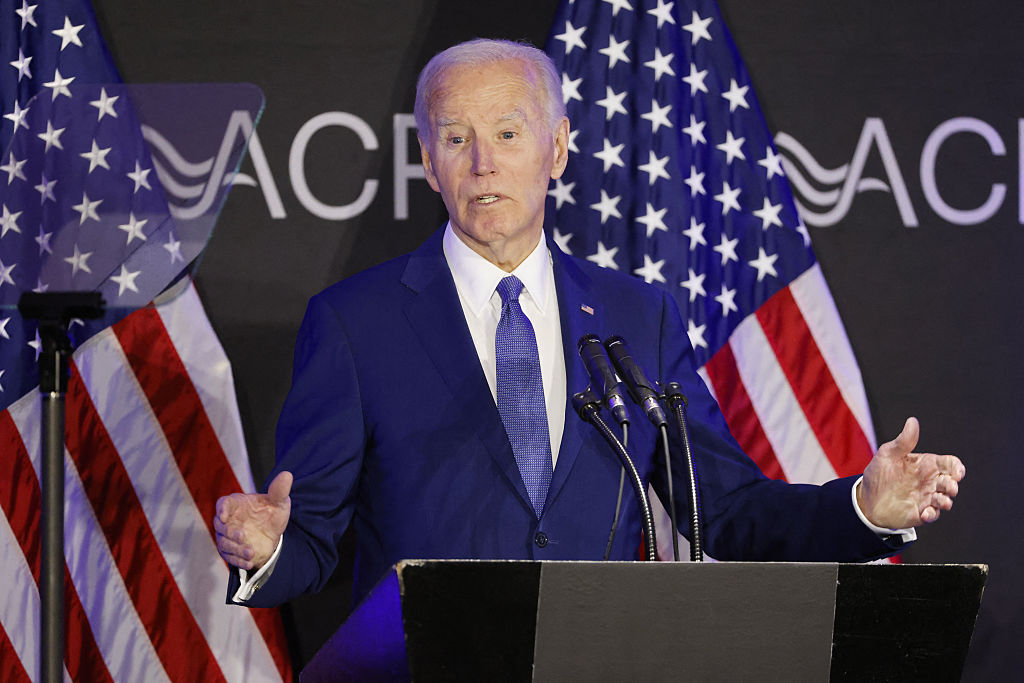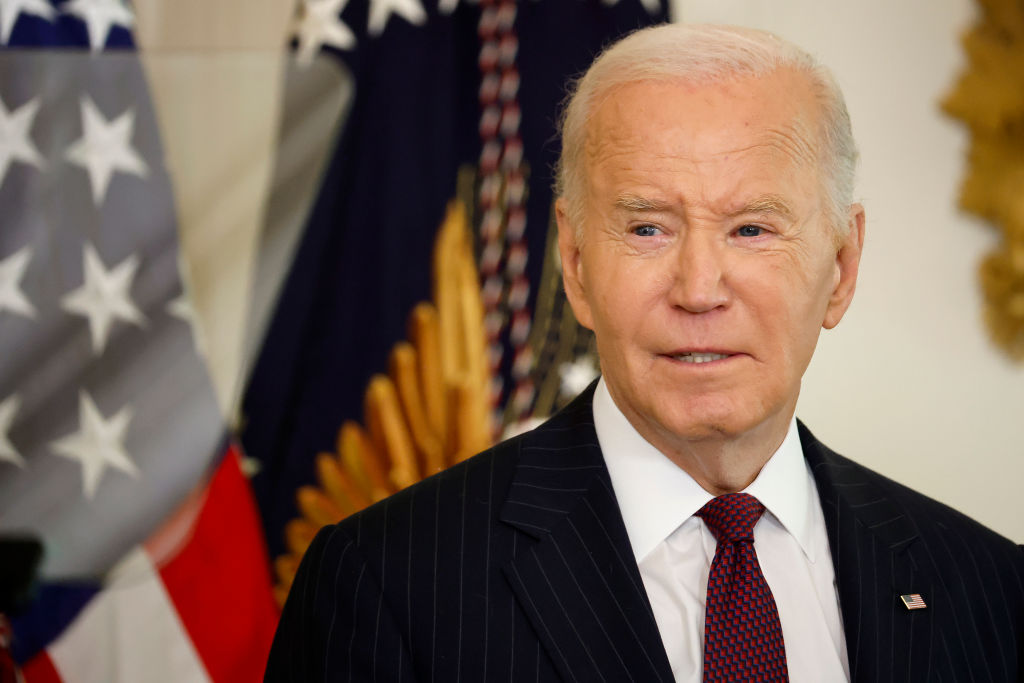There is no shortage of reasons to feel gloomy about the American economy right now.
First, there’s inflation. In 2021, the Biden administration claimed that the cost of a summer barbecue had declined by 16 cents from the year before. It probably now wishes it hadn’t made that claim. This summer, the cost of that barbecue is up not 16 cents but 17 percent. Hot dogs are up 37 percent over a year ago.
This is the highest inflation in forty years, with the consumer price index up 8.6 percent from a year ago. Some necessities, such as gasoline and food, have risen even more sharply, with gas having gone from $2.18 a gallon when Biden was inaugurated to $5.00 today, the highest price ever (though adjusted for inflation it was even higher in 2008 before plunging a few months later by 50 percent). Home heating oil has also doubled. Much of the Northeast is dependent on heating oil in the winter.
Energy is an input for almost all commodities, for both manufacturing and transportation. And so when the cost of energy goes up sharply, the cost of everything else rises with it. But the Biden administration, deeply committed to the fantasy of “green energy,” has been restricting exploration for new oil and gas, and has been cancelling leases and pipelines. As a result, the American energy independence that we had achieved, thanks to the technology of fracking, has been lost.
The war in Ukraine is restricting the world’s food supply. Ukraine, one of the planet’s great breadbaskets, normally exports about 10 percent of the world’s grain. But the Russian navy is blockading Ukrainian ports, preventing the shipment of grain to foreign markets. Unless that blockade is lifted — which would likely require western countries to send warships to escort the grain past the Russians, risking a naval conflict — the price of food is going to continue to rise.
And while wages have been rising faster than in recent years, they have not been keeping pace with rising prices. So the standard of living for many families is declining, forcing people to forego many pleasures, such as dining out and vacations, in order to buy the necessities.
It is therefore not surprising that the Gallup Economic Confidence index is deep under water. It had reached +45 before Covid hit, and is now at -45. About two thirds of Americans think the country is headed in the wrong direction. And only about 20 percent think the economy is in good to excellent shape. It was 65 percent pre-Covid.
The raging inflation has forced the Federal Reserve to begin hiking interest rates. Last week, it upped the fed funds rate by 75 basis points, the biggest increase in years, and hinted that another such increase is in the cards when it meets again next month. Credit, of course, is another fundamental input into the economy, and rising interest rates decrease demand for capital goods. The 30-year mortgage rate is now above 6 percent. That will slow the housing market, which never fully recovered from the bursting of the housing bubble of 2008-09.
The supply chain problems that plagued the American economy over the last year have abated somewhat. But there are still empty spots on store shelves, and some products, such as baby formula and tampons, are hard to find.
The stock market, having given up all its gains since Biden became president, is now officially in a bear market, having lost 20 percent from its most recent highs. And the stock market — whose business is predicting the economic future — is a leading indicator of economic activity. It usually begins to decline before a recession develops. (There’s an old Wall Street saying that the stock market has predicted five of the last three recessions.)
Unemployment, on the other hand, is a lagging indicator. Unemployment is now at a very low 3.6 percent, with the number of jobs open considerably exceeding the number of unemployed.
With all this bad news, it’s not surprising that many economists think we’re heading into recession. President Biden last week told the Associated Press that an economic recession is “not inevitable.” Of course, he said last year that the Taliban wouldn’t take over Afghanistan if we left.
If we are not in a recession already, we are perilously close. The American economy contracted in the first quarter of 2022 by 1.4 percent. If it contracts again in the present quarter, which ends next week, then, by definition, we are in a recession. The only questions will be how long it will last and how deep it will be.
There are a lot of reasons to think one is coming. And recessions, like inflation, tend to be a self-fulfilling prophecy. If enough people think one is coming, they act accordingly, cutting back on buying and building up savings. We’ll soon find out whether that’s about to happen here.



